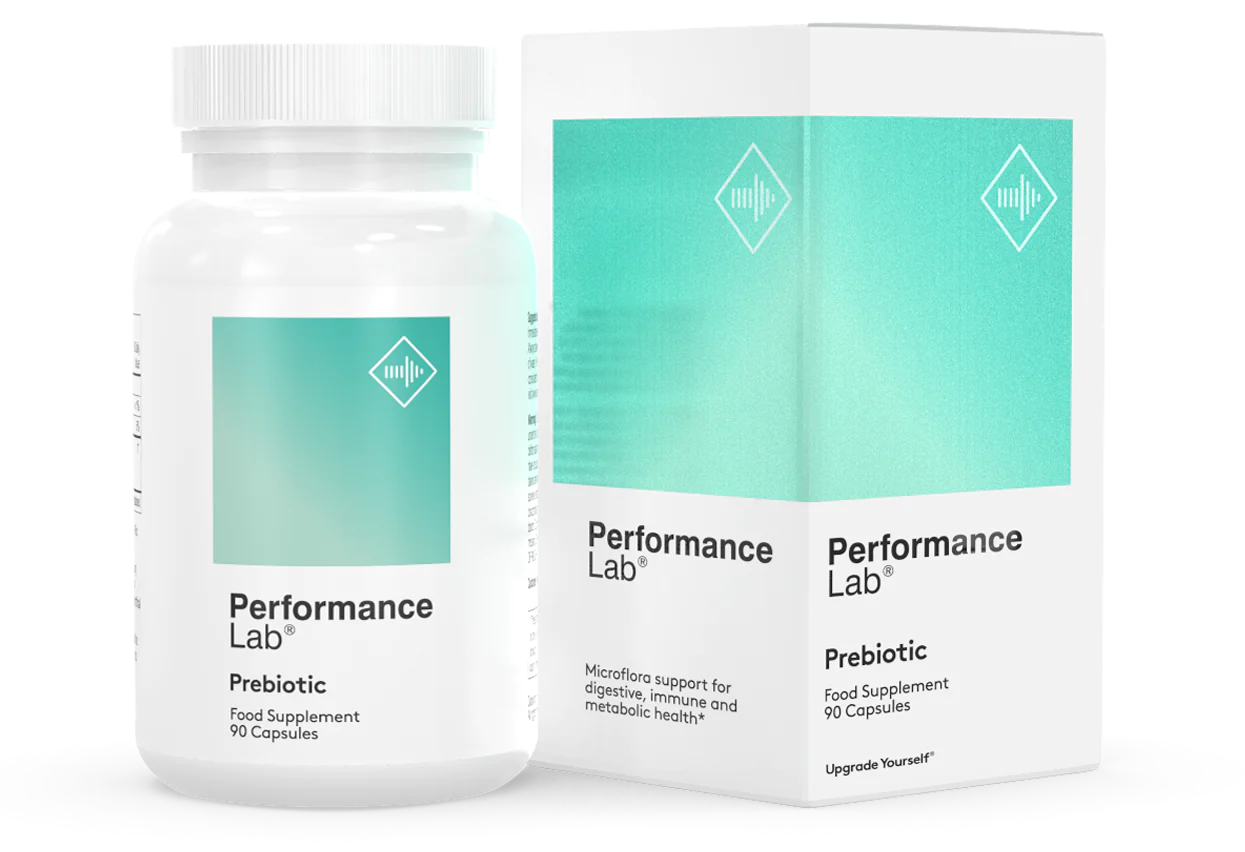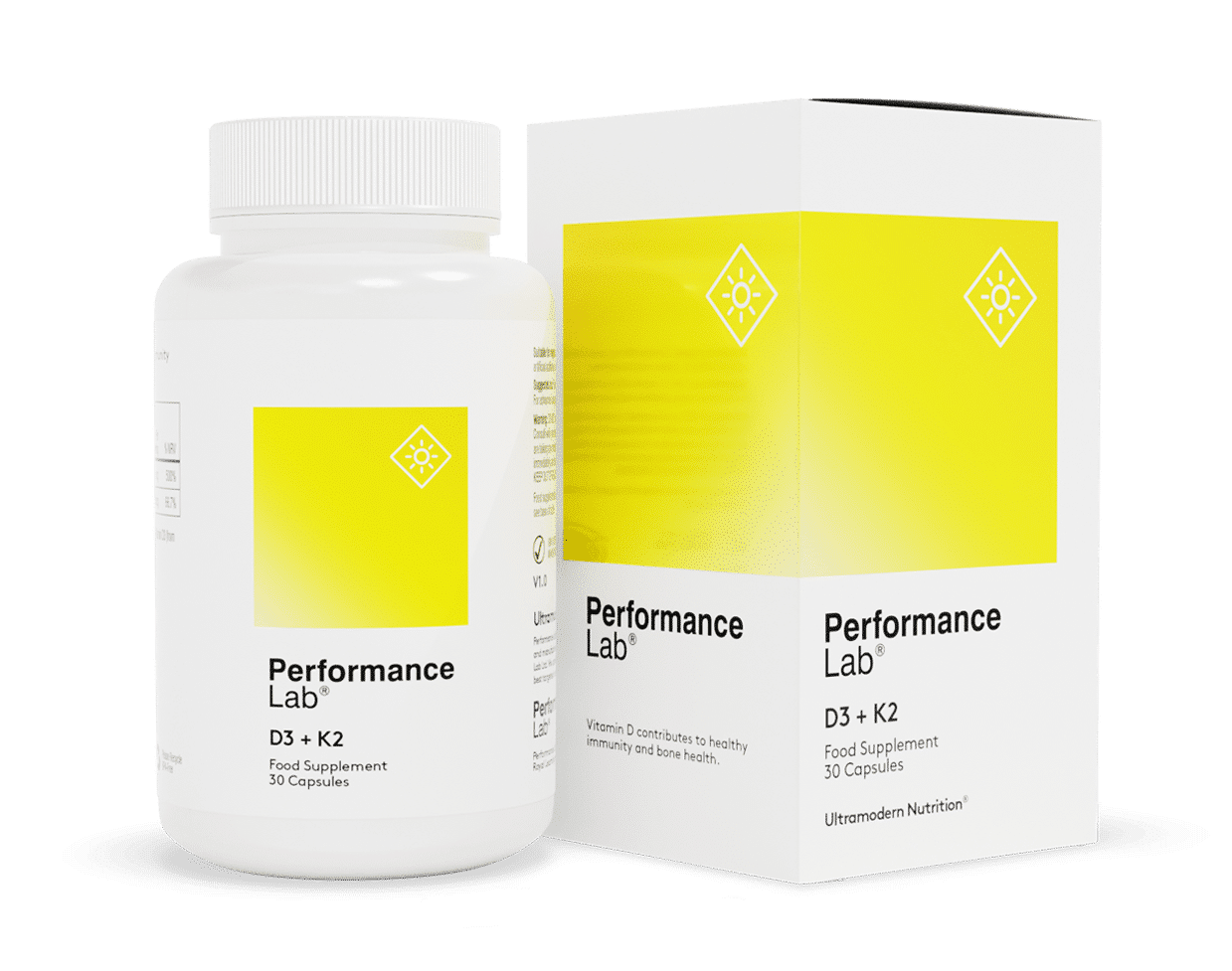Can FODMAPs Cause Constipation? – The Unspoken Truth of Everyday Foods
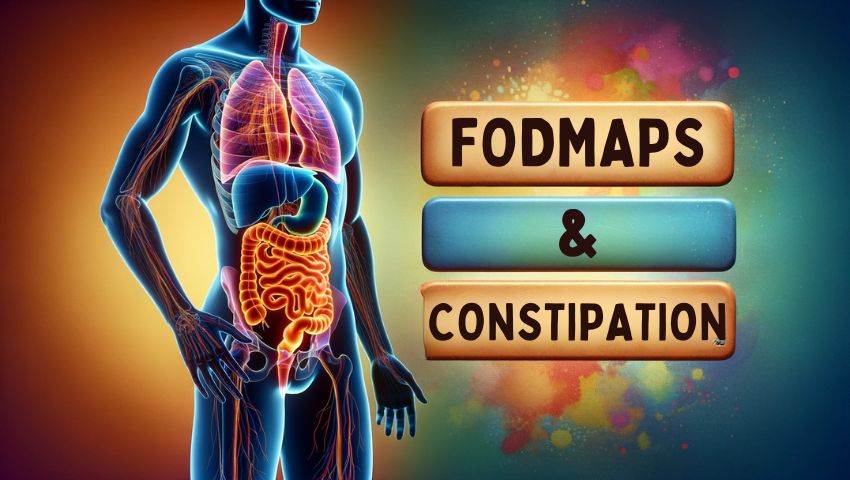
Living with celiac disease and IBS (Irritable Bowel Syndrome), I’ve explored numerous diets in a bid to ease my symptoms. One that’s often debated is the FODMAP diet.
So, can FODMAPs cause constipation? Yes, they sure can – especially for those sensitive to them, such as people with IBS.
Eager to learn more? Discover the nuances of the low FODMAP diet and its effects on constipation below.
Key Takeaways:
- High-FODMAP foods can lead to digestive issues, including constipation [1].
- Constipation is a common symptom among those sensitive to FODMAPs.
- FODMAPs impact gut bacteria, potentially affecting bowel movements.
- A low-FODMAP diet might help with constipation for some, particularly those with IBS-C or IBS-M.
- Always consult with a healthcare professional before making dietary changes.
The FODMAP Breakdown: What’s in Your Plate?
FODMAPs, or Fermentable Oligosaccharides, Disaccharides, Monosaccharides, and Polyols, are a group of carbohydrates that can be hard to digest.
Present in various everyday foods, they can lead to an array of digestive issues, including bloating, gas, and, yes, constipation.
Understanding the Types of FODMAPs
There are four main types of FODMAPs:
- Oligosaccharides – Found in foods like wheat, rye, legumes, and certain vegetables.
- Disaccharides – Mainly lactose, which is present in dairy products.
- Monosaccharides – Fructose, found in fruits like apples, pears, and watermelon.
- Polyols – Commonly found in fruits like apricots, blackberries, and avocados, as well as some sweeteners.
These carbohydrates can ferment in the gut, producing gas and causing symptoms in those who are sensitive.
Are All FODMAPs Created Equal?
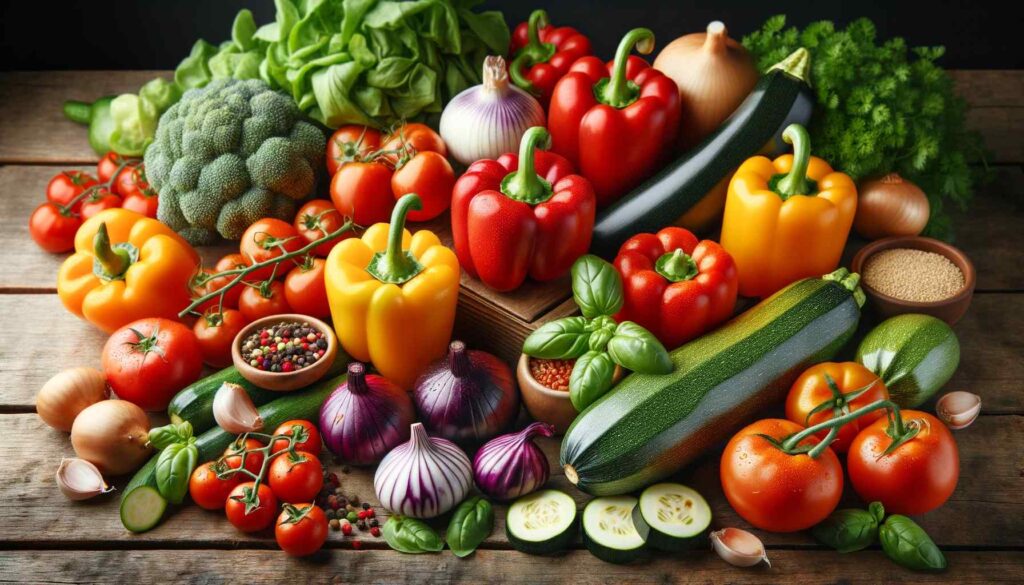
Not all FODMAPs are the same, and not everyone reacts to them in the same way.
Some people might experience severe or even chronic constipation from consuming certain high-FODMAP foods like honey, whereas others might be completely unaffected.
With the guidance of a registered dietician, you can try out the low-FODMAP diet and identify your personal triggers so you can either limit or cut them out completely.
High vs. Low FODMAPs
Most foods contain some level of FODMAPs, but it’s the quantity that matters. High-FODMAP foods can wreak havoc on a sensitive digestive system, while low-FODMAP foods are generally more easily tolerated.
As someone living with celiac disease and IBS, I’ve had to learn this the hard way, tweaking my diet over time to find what works best for me.
Supercharge your performance and optimize gut health with Performance Lab Prebiotic. Unleash your true potential and experience the winning edge you’ve been searching for.
The Gut Bacteria Connection Explained
Why Gut Bacteria Matters
The human gut is a bustling metropolis of microorganisms. Billions of bacteria reside here, playing pivotal roles in digestion, immunity, and overall health.
For individuals with conditions like celiac disease, the balance of these bacteria becomes even more crucial.
The Role in Constipation
Believe it or not, these tiny organisms can impact bowel movements. An imbalance in gut flora, often termed “dysbiosis,” can lead to gastrointestinal issues, including constipation.
Some bacteria promote smooth digestion, while others can slow it down. A shift in their proportions can determine how often and smoothly one goes to the restroom.
Restoring Balance
For many, rebalancing gut bacteria can alleviate constipation. Probiotics, live bacteria beneficial to our system, are often recommended.
Fermented foods, like yogurt and kimchi, are natural sources. But, always consult a doctor before introducing anything new, especially when you have celiac disease or IBS.
Curious about how to soothe an IBS flare-up? Check out this guide on the topic!
High-FODMAP Foods: The Common Culprits
Now, let’s get down to specifics. What foods might be stealthily causing your digestive discomfort?
Here are a few common offenders:
- Onions and Garlic: Ubiquitous in cooking, but potentially troublesome for the sensitive gut.
- Wheat: A primary source of gluten and a high FODMAP food.
- Certain Fruits: Apples, pears, and watermelon, to name a few.
- Dairy: Lactose is a common FODMAP that can be problematic.
- Sweeteners: Think sorbitol, found in certain gums and candies.
Wondering about the link between IBS and onions? Read more here!
From Frustration to Freedom: Demystifying the Low FODMAP Diet

Starting the Journey
Transitioning to a low-FODMAP diet can be daunting, especially when already avoiding gluten. But, with some guidance, it’s manageable.
Monitoring and Moderation
- Food Diary: Keeping track of what you eat and how you feel afterward can pinpoint triggers.
- Portion Control: Sometimes, it’s not about cutting a food entirely, but reducing the amount.
- Diverse Diet: Ensure you’re still getting all essential nutrients. A varied diet can help.
Helpful Hints from a Fellow Sufferer
- Research Restaurants: Before dining out, check menus and call ahead. It’s easier to navigate choices with some prep.
- Cook at Home: Preparing meals allows full control over ingredients, ensuring they align with dietary needs.
- Seek Support: Connect with others on similar journeys. Whether in online forums or local groups, shared experiences can be invaluable.
Looking for more tips on living with IBS? Here’s a comprehensive self-care guide!
Taking Control: Steps to Alleviate Constipation
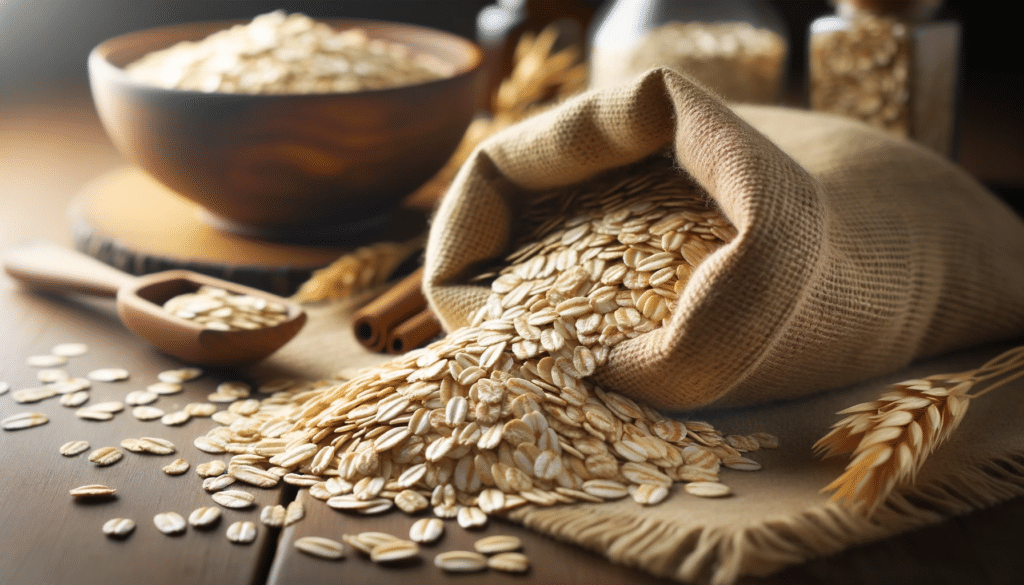
Living with constipation isn’t merely uncomfortable—it can dramatically affect the quality of your life.
I’ve battled my fair share of digestive issues and have found that increasing fibre intake is one of the most effective ways to combat constipation.
Boosting Your Fibre Intake
- Soluble Fibre: Foods like oats and beans provide soluble fibre, which turns into a gel-like substance in the intestine. This type of fibre can help soften stool, making it easier to pass. Aim for at least 10 grams of soluble fibre daily.
- Insoluble Fibre: Foods like whole grains and vegetables contain insoluble fibre. This fibre adds bulk to the stool, promoting regular bowel movements. It’s recommended to get at least 12 grams of insoluble fibre daily.
Stay Hydrated
While increasing your fibre intake, it’s equally important to drink plenty of water. Fibre works best when it absorbs water, making your stool soft and bulky.
Consider Oat-Based Meals
Oats are not only a fantastic source of soluble fibre but also gentle on an irritated intestine. Incorporating oats into your diet can alleviate abdominal pain and promote better digestion.
Also Read
Like what you’ve read and want to learn more? Check out these related articles:
• Best IBS Supplements: Must Haves for Sufferers!
• Low FODMAP Fruit Guide for IBS Sufferers
• Overcoming Obstacles: Ideal Jobs for People with IBS
When to Seek Help: Recognizing Severe Symptoms
Constipation on its own is a nuisance. But when coupled with symptoms like severe abdominal pain, it can be alarming.
But it doesn’t have to be this way.
Critical Signs to Watch Out For
- Persistent Diarrhea or Constipation: If you’re alternating between diarrhea and constipation or have been constipated for more than three weeks, it’s time to see a specialist.
- Blood in Stool: Blood can indicate issues ranging from hemorrhoids to more severe conditions.
- Abdominal Pain: Constant abdominal pain that doesn’t subside after bowel movements should never be ignored.
If you experience any of these symptoms, especially in conjunction with reduced fibre intake or increased intake of high-FODMAP foods, it’s essential to consult with a healthcare professional.
Unleash your full potential with Performance Lab D3 + K2 - the ultimate supplement for optimizing strength, vitality, and overall well-being. Elevate your health journey and experience a new level of greatness today!
Final Thoughts: Can FODMAPs Cause Constipation?
FODMAPs and constipation – it’s a tangled web. Some of us might find these tricky carbs causing a real tummy upset.
But hey, it’s about understanding what our gut’s trying to tell us. Adjust, experiment, and find your food rhythm. We’ve all got this.
Quick Recap:
- FODMAPs might be the mischief-makers for some.
- Our guts react differently – it’s personal.
- Experiment and discover what feels right.
- Trust your instincts and your gut’s signals.
Disclaimer: This content is based on my personal experience as an individual diagnosed with celiac disease and IBS (Irritable Bowel Syndrome) who follows a strict gluten-free diet. This does not constitute medical advice. Please consult a medical professional, nutritionist, or qualified dietitian for personalized, professional advice.

